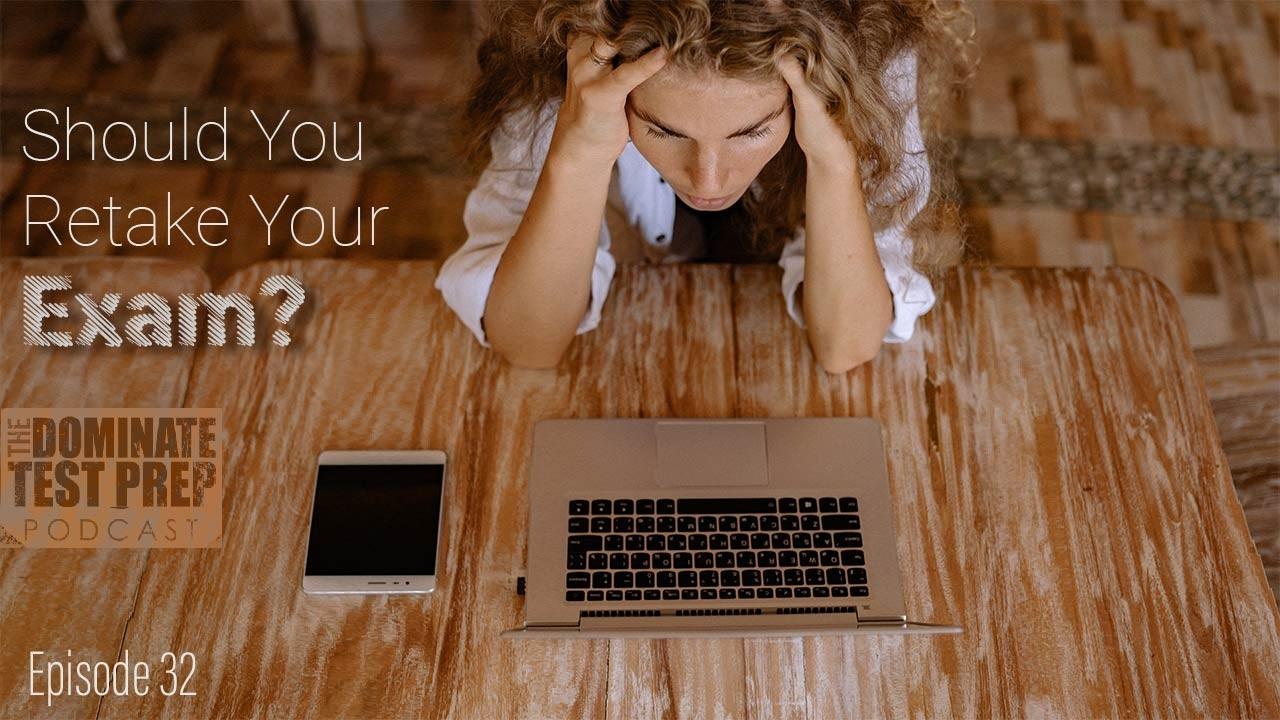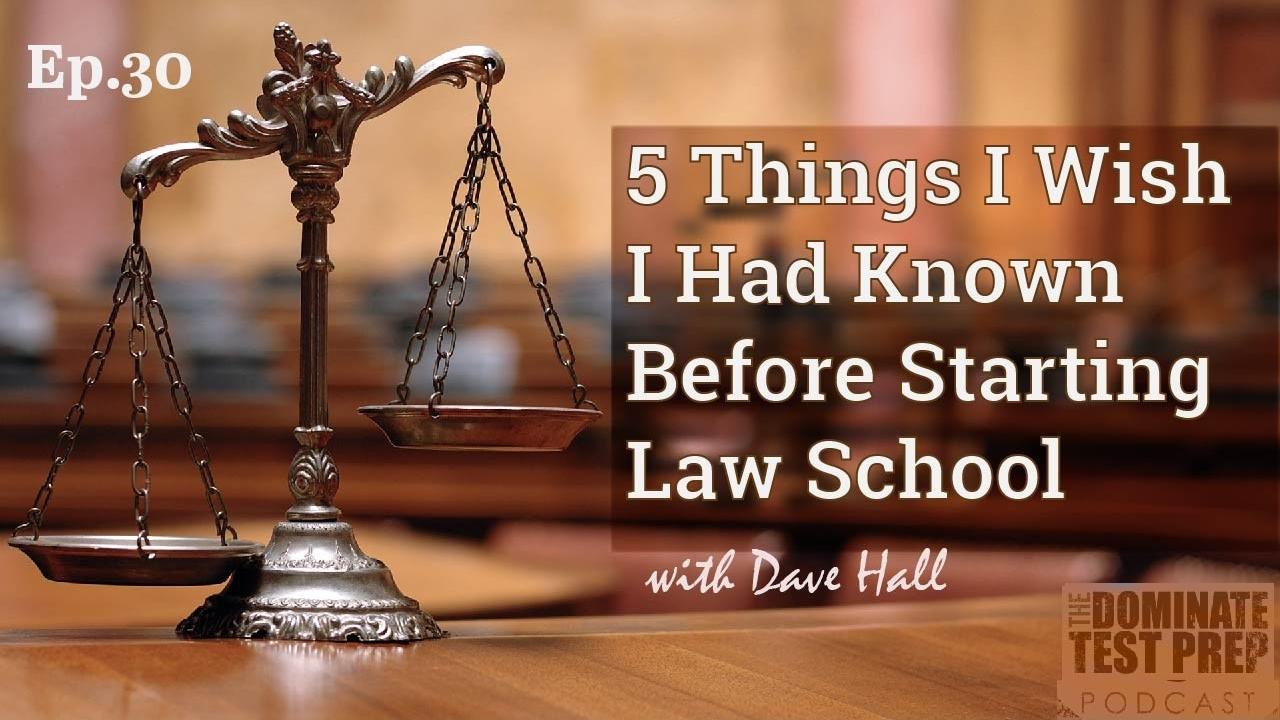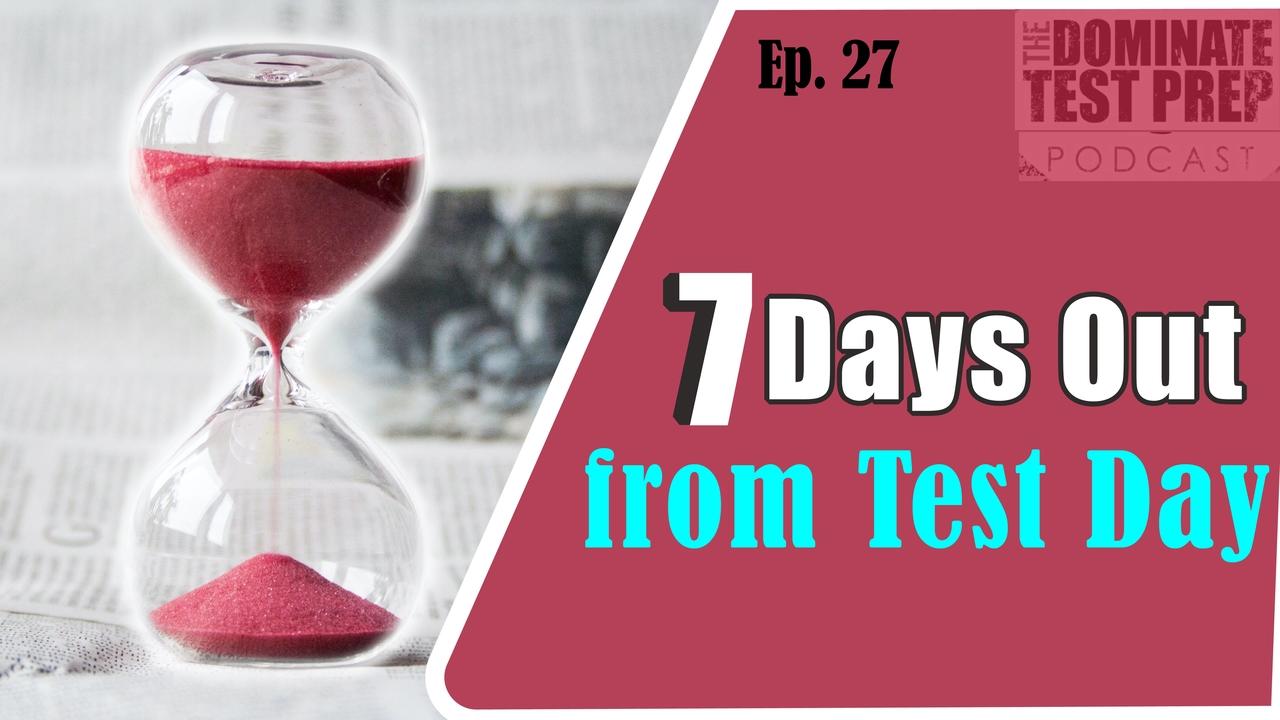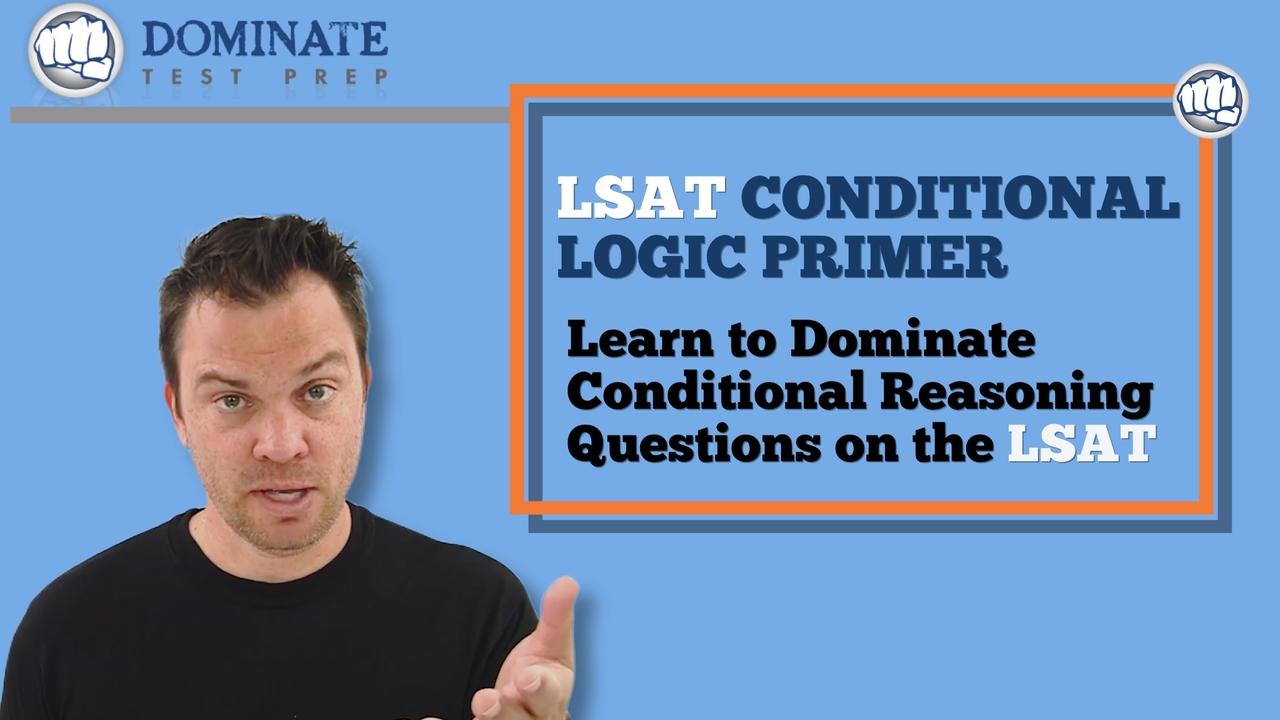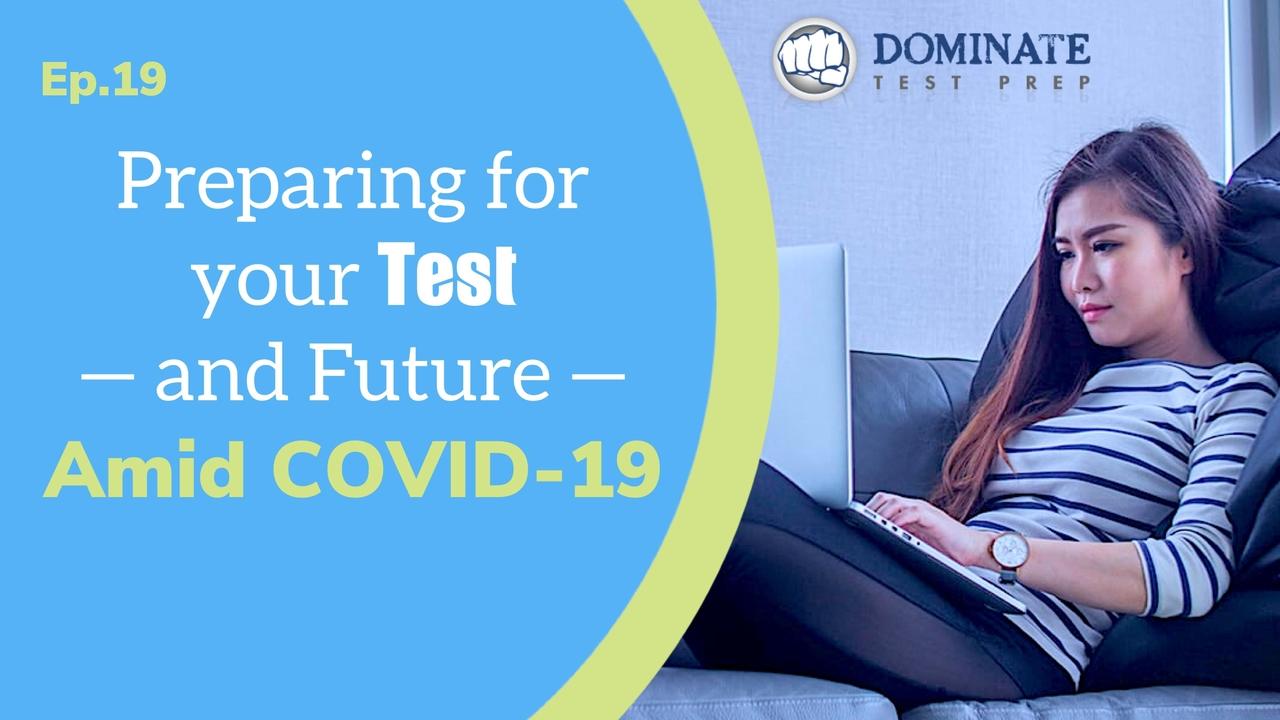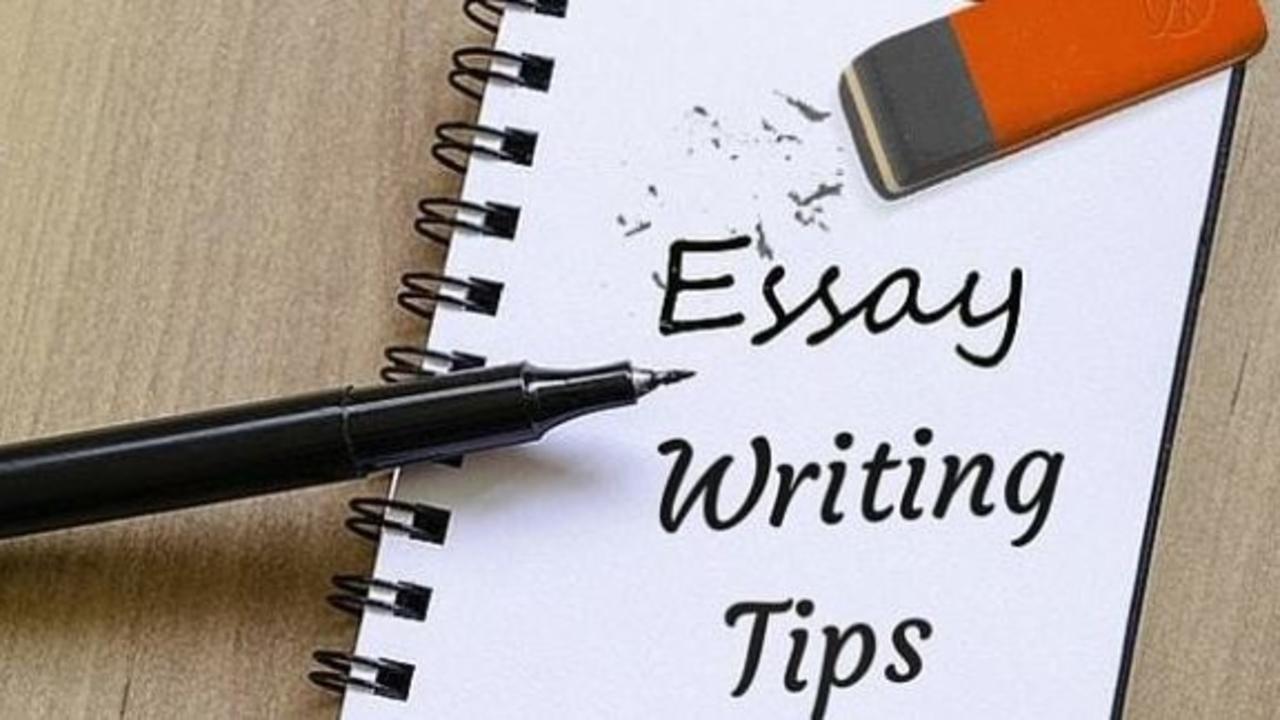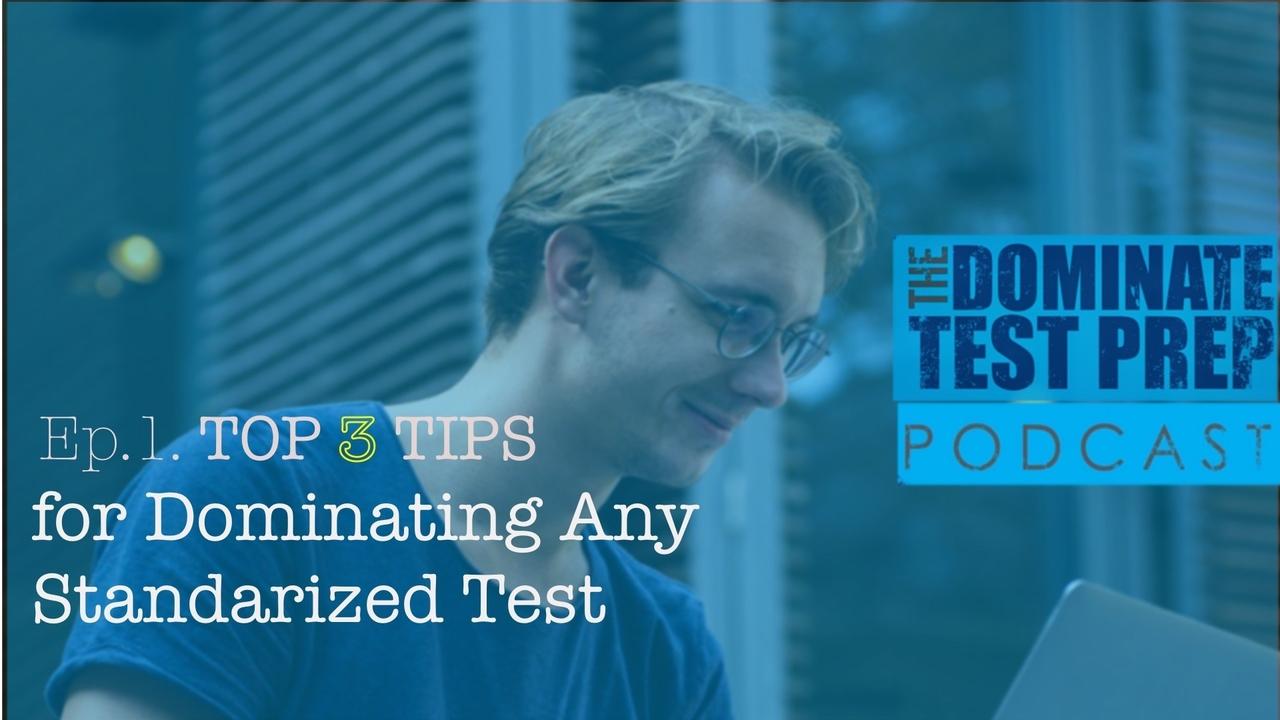The Dominate Test Prep Blog
Take the guesswork out of preparing for your standardized test and applying to school.
How you practice for your standardized test matters.
But for a lot of students, the best way to practice isn't always obvious.
Indeed, it begs the question: Is there an objectively "best" way to pr...
You've invested time, effort, and money preparing for and taking your standardized test, and unfortunately the first attempt didn't quite go as planned. So, what now? Should you retake it? Or just app...
It's one thing to get in to a top law school. But how do you succeed once you're there?
The three years of law school are intense. It's like "drinking from a fire hose," says expert LSAT instructor D...
Test day is right around the corner.
What should you be doing in the final week leading up to the big day to maximize your preparation and ensure that you have the best possible result on your exam? ...
In the immortal words of Bob Dylan, "The times, they are a-changin'."
Yesterday, the GMAT went online.
Several weeks ago, the GRE went online.
The LSAT will be rolling out its online version, LSAT ...
First, the LSAT went online.
Now, because of COVID-19, it's coming to your home... literally.
Called "LSAT Flex," the newest at-home version of the LSAT is being unveiled in May 2020 to provide a te...
There's no doubt about it, a lot of logical reasoning is necessary to do well on the LSAT. Between the logic games and logical reasoning questions, you need to be able to think critically and quickly ...
As with most industries, the standardized test and college/graduate admissions industries continue to be impacted by the COVID-19 pandemic. With exams being postponed, test centers closing, and admiss...
Conventional wisdom tells us that if we study hard, high test scores will inevitably follow.
But what if we are unmotivated to study or hampered by fear of failure?
Or what happens if when we do stu...
Are you struggling with reading comprehension questions on your standardized test?
Often that's the case when you're not reading the passages in the most effective way.
In this episode of The Domina...
By: Michael Noltemeyer, North Star Editing
Writing an application is like being trapped in a choose-your-own-adventure story that someone else is reading: your fate lies in the hands of your audience...
In this very first episode of The Dominate Test Prep Podcast, we share with you the top three things we've seen from 14+ years in the industry that will empower you to have the best possible experienc...
EXCLUSIVE TEST PREP STRATEGIES AND TIPS
Want Regular Support as You Prep for Your Test?
Enter your name and email below and we'll send you our best tips and strategies for getting the score you need to get into the school you want.
You're safe with us. We'll never spam you or sell your contact info.


